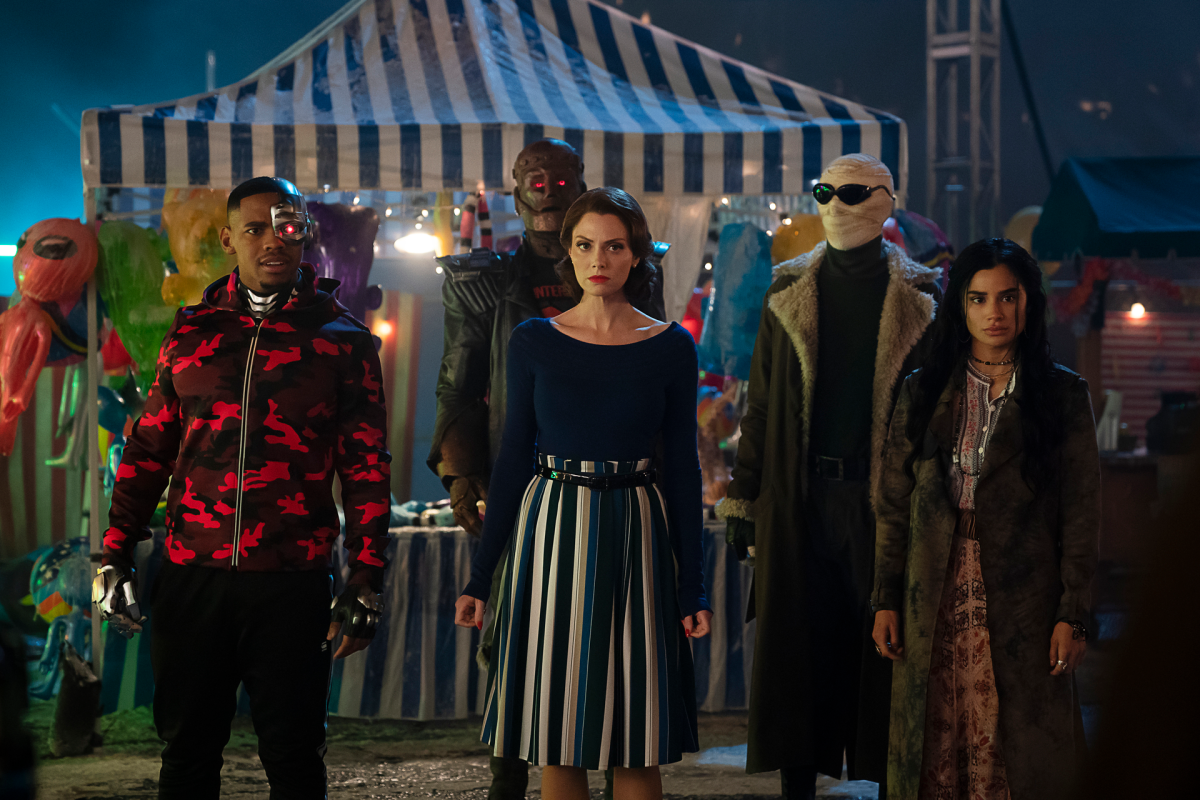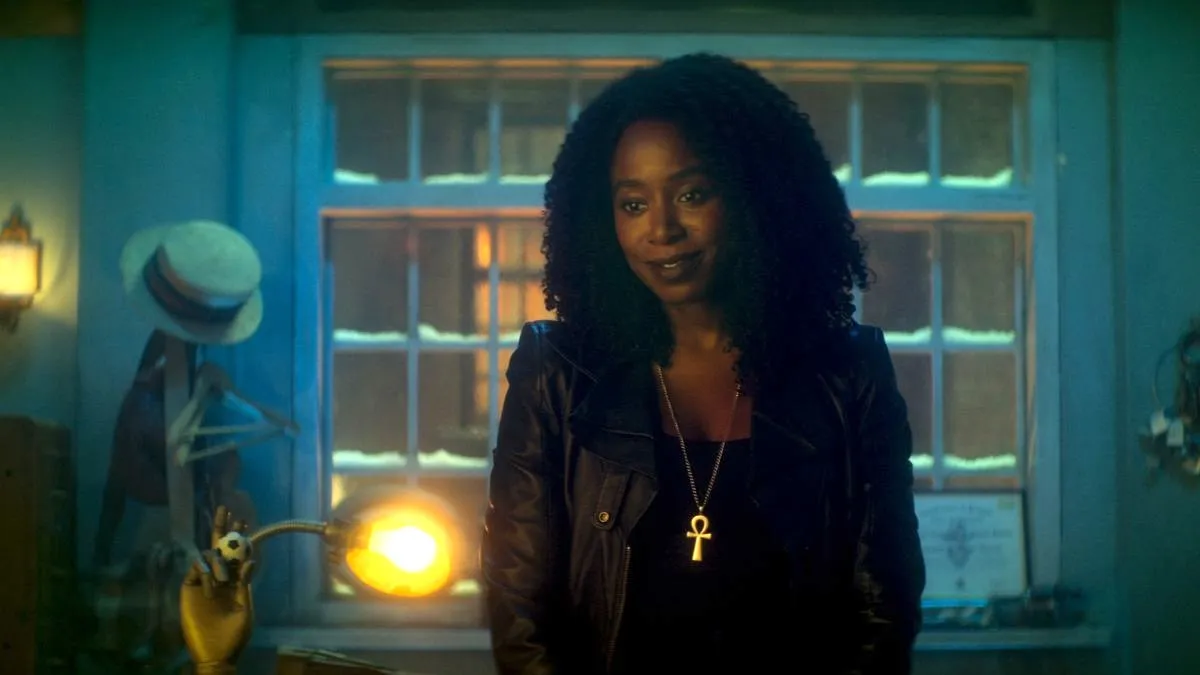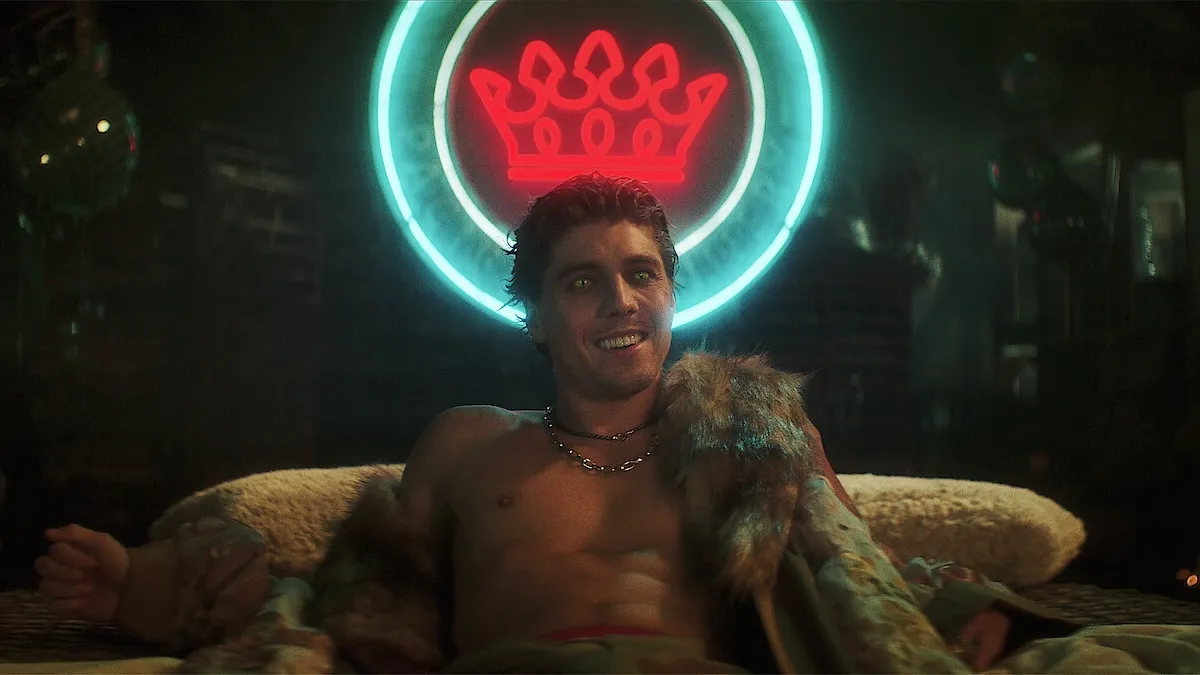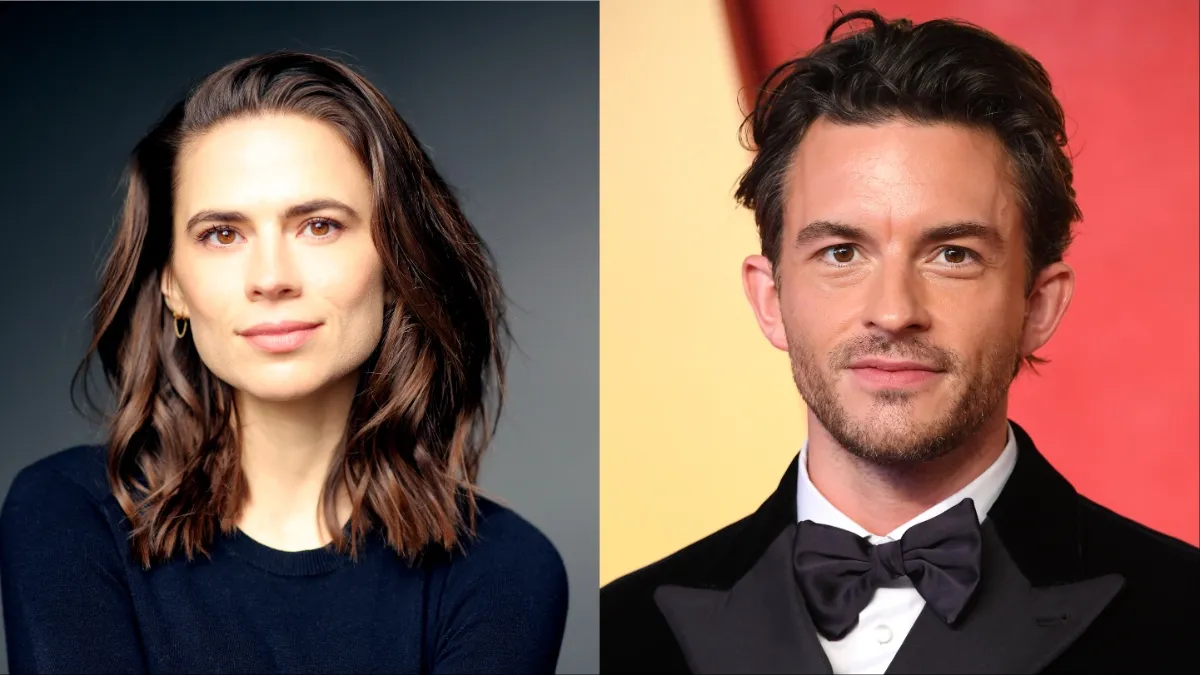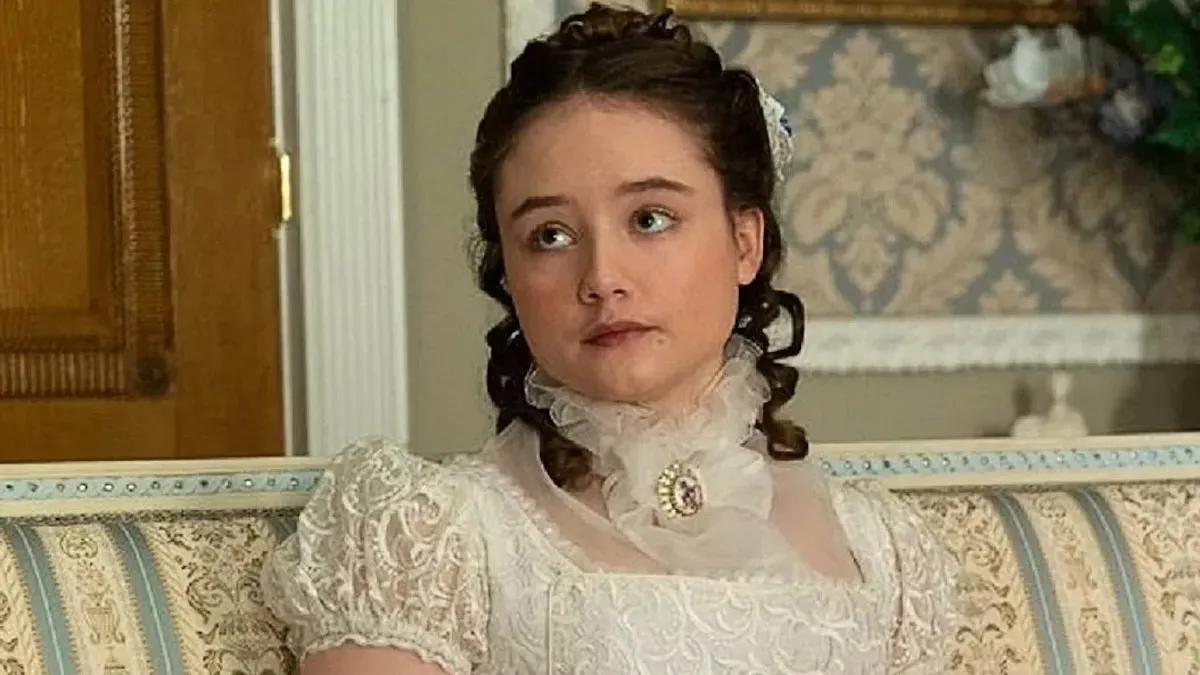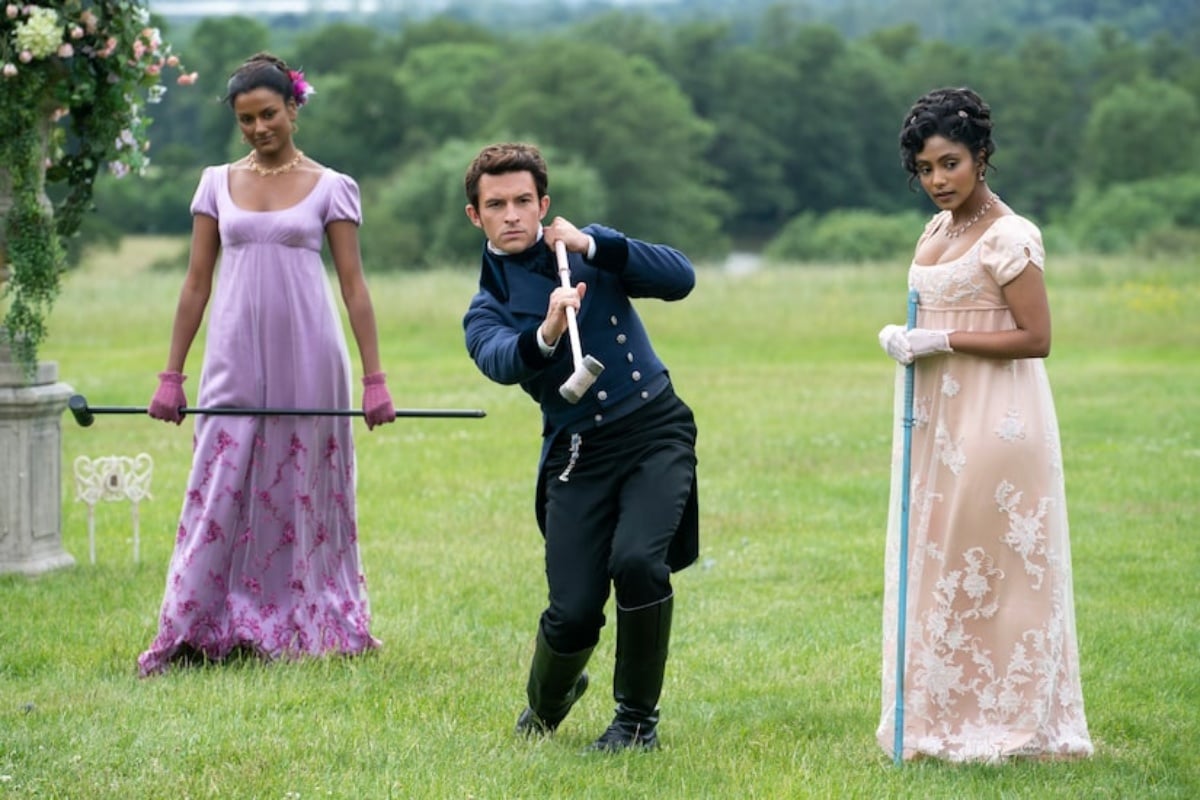***Some spoilers for season two of Doom Patrol***
We loved season two of HBO Max’s Doom Patrol, and its mix of absolute absurdity and deep human catharsis. Even though we need season three immediately, the sophomore go-around for the DC series was a triumph. And the best person to talk to about this incredibly unique show and how it was made is of course executive producer and showrunner Jeremy Carver. Carver took time to talk about parenting, sex ghosts, dealing with COVID cutting off a season, and much more with The Mary Sue.
The Mary Sue: So season one of Doom Patrol was essentially about trauma and exploring that, and season two really built on that but also delved into parent-child relationships and the inherent trauma there on both sides. How did you build and discover that theme for the season and approach it?
Jeremy Carver: Well, I think what inspired the idea of the idea of exploring the deeper sort of generational trauma that we were looking at was looking at sort of what was the centerpiece of what kicked off the season—and that was the arrival of Dorothy, the chief’s daughter. And we really had a father-daughter relationship to explore and for the writers, it then sort of led to a natural extension that why don’t we look at this idea of the parent-child relationship and all that goes with that, with our entire cast and team of actors.
And the show built for that type of exploration from season one, when we made a point of spending time in each of our character’s personal history. So the arrival of Dorothy spawning the theme for this season felt relatively natural.
As a parent, I could really tell that there were other parents in your writers’ room. How did your own personal feelings play into the season?
They played into it very much, I personally have a daughter who is exactly Dorothy’s age in the story. And writers have children as well, so it’s very natural to tap into not just one feeling about being a parent, but being a child. I think whether you are a parent or not, everyone—well most people—are able to relate to the idea of being someone’s child … good or bad or in-between. I think what we liked about the theme was the universality of it.
But also just it was unavoidable that it would tap into a personal vein. Particularly when it came to toward the end of the season and just a father’s … very structural misunderstanding of what’s going on with his child. Seeing something as a threat when it’s actually a gateway to growing up … I think that’s something as a parent that’s very easy to do, and something that as a parent myself you think you’re going to be smart enough, but it’s ever too easy to ignore the signs and just but your own assumptions and impression on what your child may be going through.
And obviously you’re going through all of this through the lens of the comics. How did you pick which stories to tell from the source material and what characters to bring in?
Very often as the writers are getting together at the beginning of the season and talking about some of the themes we want to be hitting on, and then sitting there looming in the room is the giant stack of Doom Patrol comics which is this incredibly rich diverse universe to jump into and when it comes to good and bad guys of every stripe.
In the most pedestrian sense, we try to hone in on the villains and missions that will allow us most to amplify the themes we’re trying to hit. Which is why someone like Red Jack, who specializes in pain, that’s almost a slam dunk for a team like the Doom Patrol. That’s relatively low hanging fruit for our team. Even the absurd things from the Scants and the very bad ideas are ultimately revealing some ultimate truths there. So we never want something to be so heavy that it’s just unbearable or just so absurd that it’s just unrelatable. We’re always trying to strike that balance.
The Scants were great. Did you have a favorite piece of weirdness for the season? I loved Dr. Tyme and the Sex Ghosts myself.
It would be hard to explain … the number of conversations that were had regarding the sex ghosts and how to do that and how to do it properly. It was like developing nuclear engineering codes. But once they became part of our universe, of course, they become a fixture so they never quite go away and that’s a lot of fun to constantly call back to.
I always go to episode four off the bat … I personally delight in the things we wanted to say in the episode, but I also love what I’ll call the subversiveness of the episode in that it just takes a hard right turn about thirty minutes where it becomes completely something that you’re not expecting and it just becomes zanier and wilder, and it has concrete appreciation for the comics that laid the groundwork.
Speaking structurally about the season in general, you have nine episodes but you were supposed to have ten and ended on a pretty big cliffhanger. How did you deal with COVID shutting down the season early and having to adjust where your season finale fell?
We were definitely expecting to have ten. While there are a bit more loose ends than there would have been, that’s not to say that there are other loose ends that were planned as well. Fortunately or not, episode nine did end on a few cliffhangers so at least it ended dramatically, and it least it leaves us wanting answers instead of padding softly into the forest with nothing left to say
We’re choosing to see it as a fortunate event that we can ramp up towards the end of nine … It also forces us to take a hard look at what we were going to do at the end of the season, and should we be fortunate to get another season, it gives you sort of that second breath to take a look and go “okay, this if we’re able to move forward what we were planning and what new exciting ways can we twist even this.” It left us all sort of ready to get back in the room, knock on wood. As soon as we get called up to duty, gods be willing.
But yeah, we were expecting ten but we were fortunate in the way we structured things that [ending on nine] felt satisfying to us.
Having the season end with everyone dead and/or encased in wax makes season three feel pretty imperative.
Yeah, I’ve heard that theory before of trying to end your show on the wildest cliffhanger possible to force a renewal, but that’s just how it happened this time.
_
We’ll have some other insights from Jeremy into the season later this month. In the meantime, catch up on Doom Patrol on HBO Max, and check out their panel as part of the DC Fandome event on August 22nd.
(image: HBOMax/Warner Brother)
Want more stories like this? Become a subscriber and support the site!
—The Mary Sue has a strict comment policy that forbids, but is not limited to, personal insults toward anyone, hate speech, and trolling.—



